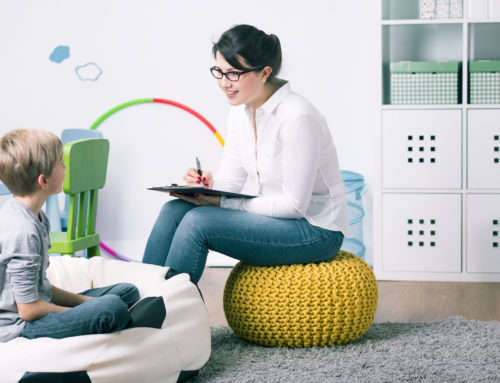In general, children develop unique relationships with every adult in their life. In their initial relationships – the ones with mom and dad, this is clearly reflected, whether the parents are married or divorced. For example, if one parent enjoys the outdoors and is sports-oriented, the parent and child will likely engage in activities that center around those interests, developing into a persona for the child. However, if the other parent is a movie producer and loves watching movies, when the child is with that parent, they will be very happy to cozy up on a Saturday afternoon to watch a movie and eat popcorn while they snuggle on the couch with that parent.
Each parent might look at the activities in the other parent’s house and believe “that’s not my child.” Yet, it is. Parents should understand that their child’s persona will be different when the child is with each parent. And, it’s important to recognize, appreciate and support each child’s unique relationship with the other parent.
Accept your child’s different personas without judgment
It’s not your responsibility to morally or ethically condemn the other way of being. If a child is more rambunctious in the other household, it doesn’t mean the child is not well behaved. You are making a judgment call – an emotional, ethical or moral conclusion that is not necessarily fair or accurate.
Instead of judging, accept and discuss differences with your child. Explain that while you allow your child to do certain these things because you are comfortable with them, it’s not wrong for the other parent to not allow those things. In fact, it’s okay, and it will help your child understand and appreciate each parent’s differences.
Homes and personas should be different
It’s not necessary for parents to make their households homogeneous. Instead, it’s important to have an open mind and accept that there will be a transition between households. I recommend discussing this with your child every so often. It’s important that your child know you understand there is an adjustment between each parent’s house because behaviors and rules are different in each one. It may not be easy, but this is a part of life.
School is a perfect example of this situation. In elementary school, children have one classroom with one teacher, yet middle school instantly transitions to six different teachers with six different classrooms and six different sets of rules and expectations. Here, children are also required to adapt to the classroom they are in at that particular point in time.
In conclusion
Accepting that your child will have different interests and personas in each home is a part of the divorce process. This is an excellent lesson for each parent, as it provides both with the opportunity to help children understand, appreciate and enjoy differences in others. It will teach your children how to interact with a variety of people, and it’s a helpful model for adaptability and resilience.






